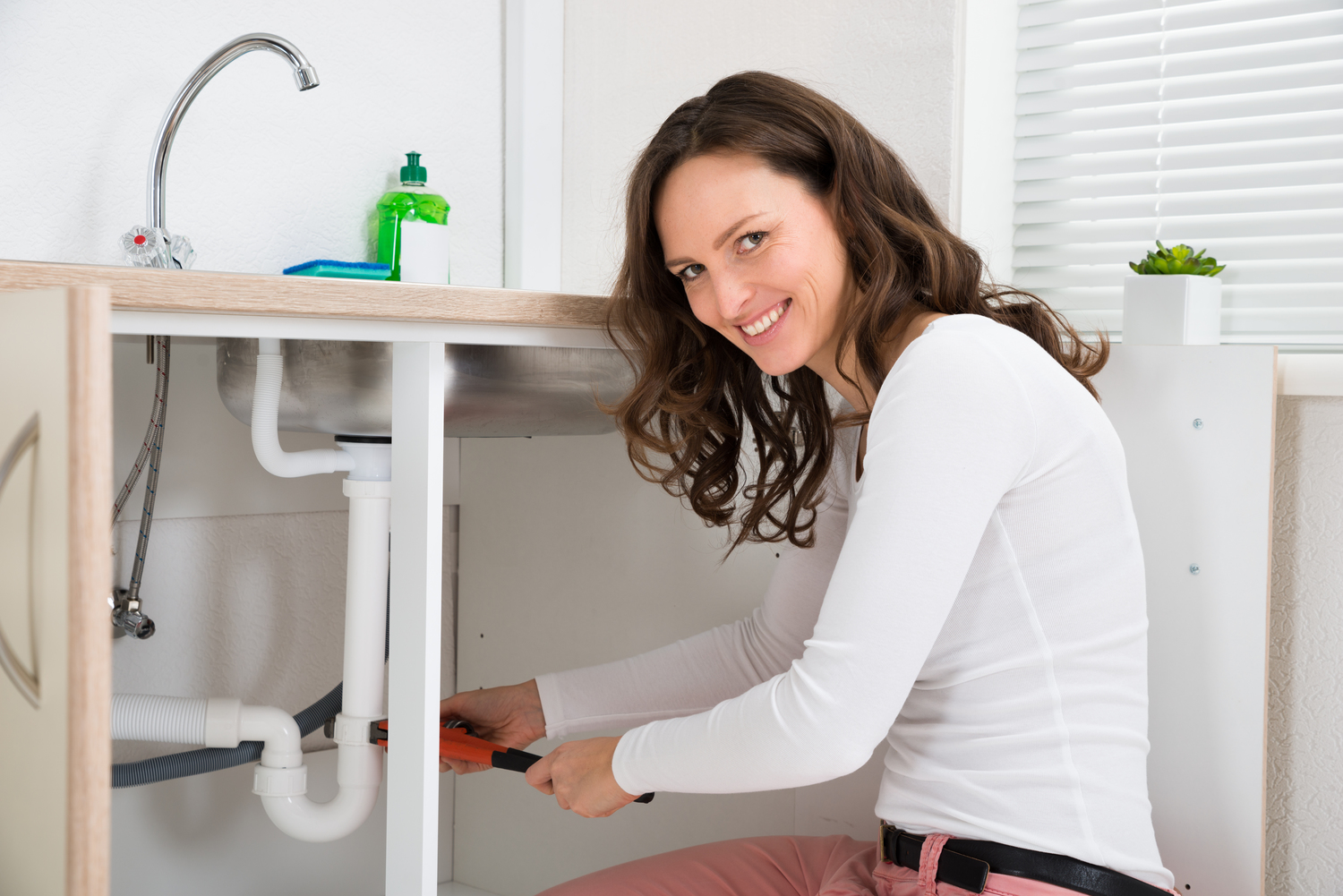Common Drain Problems and How to Deal With Them
Have you noticed a bad odor around your sink? Or does the water never completely leave your bathroom floor? These could be signs that it is time to clean your drains. Issues with drains could range from minor clogs to flooding, so it is important to recognize the precise problems and prevent further damage to your drainage system. You can take steps at home to ensure proper maintenance or call in a professional.

Common issues
Most drainage problems associated with households arise due to improper dumping of food, oil, or other kinds of waste. A properly working drainage system does not slow down or clog frequently. Here are a few common drain problems:
Slow drains: You may notice that the water in your sink or bathtub is slow to clear out completely. Slow-moving drains could indicate either a small clog or narrowed pipes. If left unattended, it can turn into a bigger concern.
Recurring clogs: Certain household drains, such as the bathtub, may be prone to frequent clogging. This issue can develop due to grease, debris, and large food particles that are tossed down the drain. This might require the assistance of your local plumbers to unclog drains once and for all. Further, recurring blockages can also indicate poor plumbing in some instances.
Strange sounds: A common issue is strange gurgling noises emerging from the drains. It usually means that the water is unable to flow freely inside the pipes. This usually indicates a problem within the systems, such as a broken pipe.
Unpleasant and foul odor: A persistent stench can indicate buildup in the system. This may be due to the food stuck in the drain, which can lead to pests such as cockroaches entering your home. The odor may also indicate a bigger issue with the sewer pipes that would require plumbing assistance.
Flooding: At times, clogging causes the water to push back up and out of the drain, causing flooding. For instance, if you notice flooding in the basement or water shooting right out of the sink, you would need to hire a professional cleaning service to avoid having contaminated water all over your floor.
Drain cleaning solutions
Certain drain problems can be addressed using DIY methods, whereas more significant issues might require professional plumbing services. Some standard methods are listed here:
Natural and DIY options: Some natural drain cleaning solutions that are popular among homeowners include using combinations of vinegar and baking soda, baking soda and salt, baking soda and lemon juice, baking soda and cream of tartar, soda, hot water, and dish soap, or simply using boiling water. Using plungers to create suction and help unclog the drains is also common.
Chemical cleaning : This involves the use of chemical products. They could be acids or alkaline. These chemical unclogging products are readily available and are very efficient. The chemical is poured directly into the drain, and the subsequent reaction helps dislodge any blockage. However, it is to be noted that such products can be corrosive and potentially harm your skin as well as the pipes. So, it is necessary to consult professionals who have experience working with such products.
Using air compressors: These tools release air at high pressure inside the system to dislodge the blockage. Some cleaners use accelerated gas such as carbon dioxide to clean drains. It works faster than the chemical cleaning procedure and is highly effective. Here, the gas creates a force that can clear the clogs. This method has the advantage of reaching far inside the drain, and this does not scratch the pipes or cause any harm.
Hydro jetting: This is the most modern drain cleaning solution. It uses a stream of high-pressure water to unclog drains. A hose with a powerful nozzle that pushes water at around 35,000 PSI is forced into the system. This enables removing any built-up waste as well as preventing future clogs from forming.
Drain snaking (or snake draining): Here, the process involves inserting a flexible, long, thick tool into the drain and hooking it onto the blockage. The waste is then disintegrated using a drill, which successfully removes all the buildup. This tool is known as a drain snake or a plumbing auger. This procedure is highly efficient in eliminating specific blockages as the tool can only remove the buildup it can reach.
You can prevent a lot of drain problems by adopting healthy practices like using drain guards (to catch hair) in bathrooms, not dumping oil down the sink, and occasionally running hot water after washing the dishes. Recognizing all kinds of issues and immediately addressing them can prevent bigger problems like flooding that may cause damage to your health and property. You may choose to DIY or hire cleaning services. Plumbers can also provide long-term solutions and offer much-needed maintenance to keep the drains clean and functioning.


